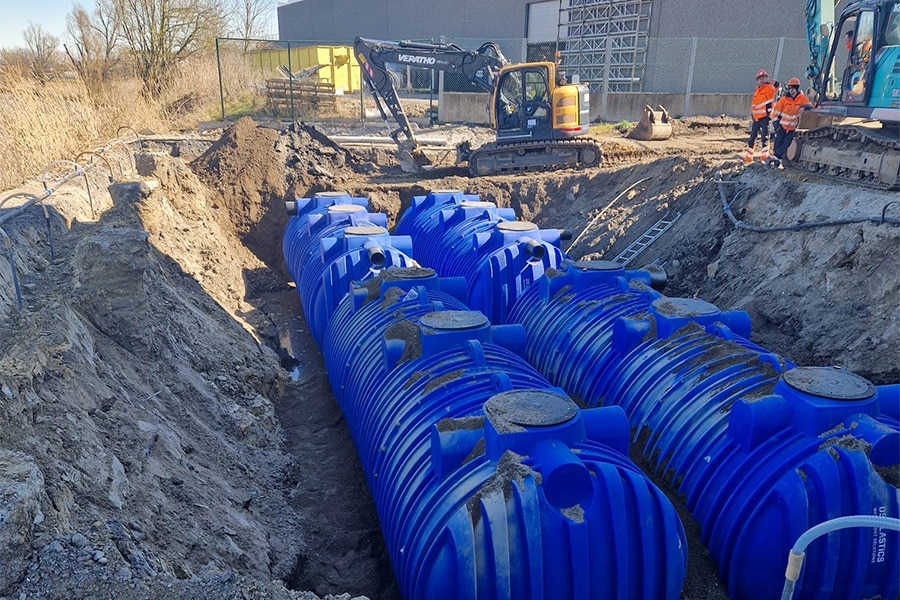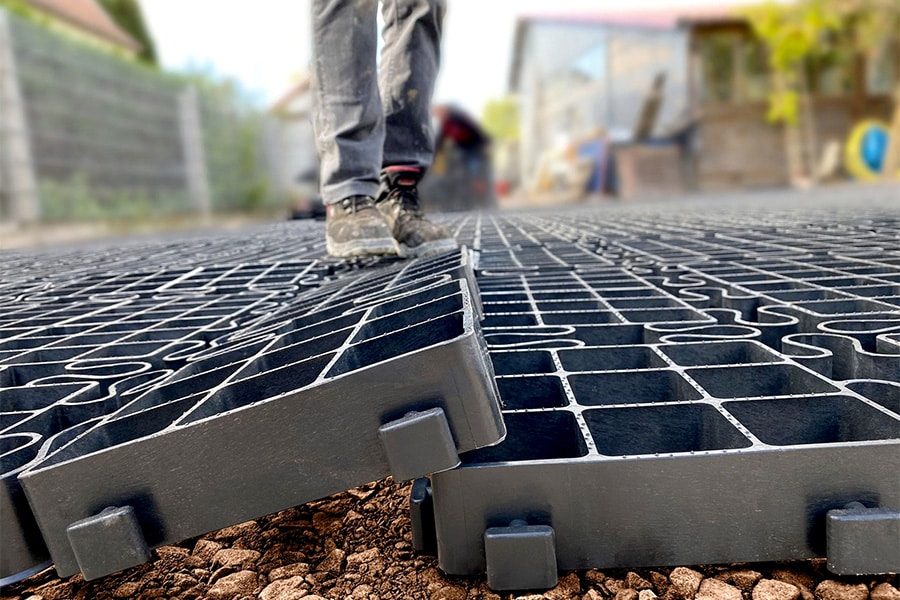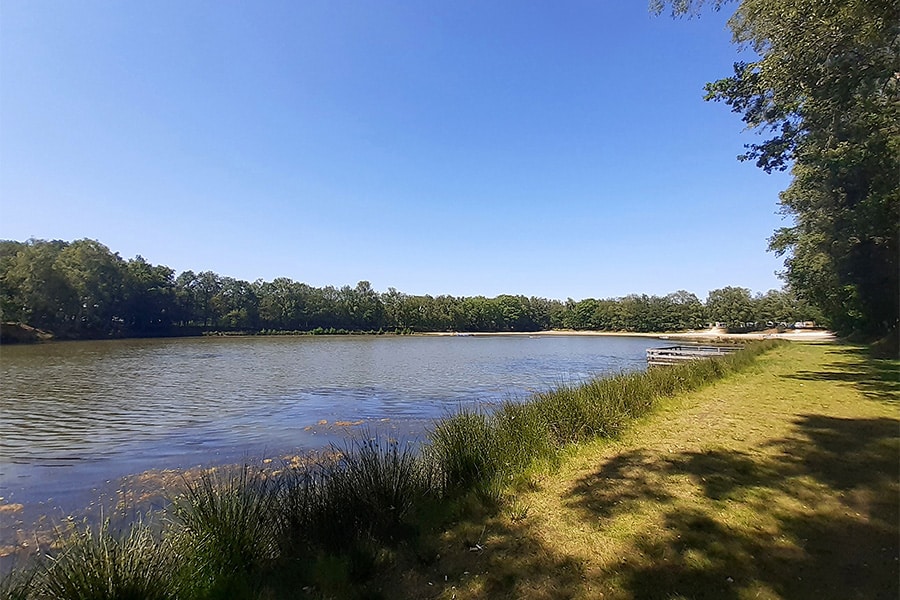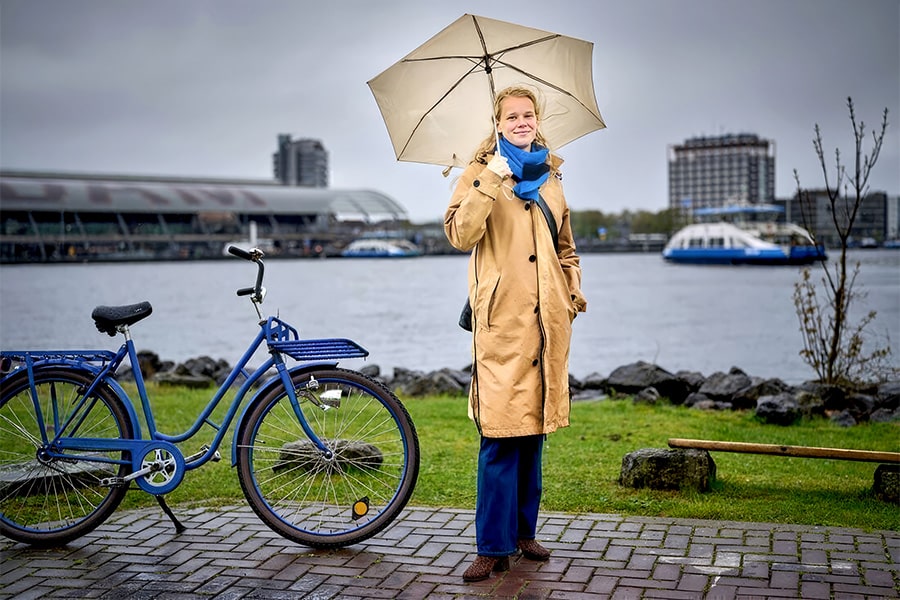
Optical Emission Spectrograph (OES): the detective among measuring instruments
There are situations where the chemical composition of metal needs to be determined, but where location causes problems. In such cases, Inspecto Visio Group offers a solution. Founded in 2014, the company specializes in performing inspections and taking measurements, now also in the GWW sector. With Inspecto Visio Group's latest acquisition, the PMI-MASTER Smart, the company can quickly and deftly perform non-destructive testing.
Wolter van der Zee, owner of Inspecto Visio Group, explains: "The PMI-MASTER Smart is an Optical Emission Spectrograph. With this device we can quickly and efficiently collect a lot of information for various applications. With the right preparations, we can take many measurements in a short period of time, the built-in battery gives us the ability to take up to 450 measurements on site. Due to its compact nature, the PMI-Master Smart is portable."
Carbon equivalent measurement
Inspecto Visio Group was called in by a construction consortium in Rotterdam that wanted to know the carbon equivalent of a sheet piling -which needed to be welded. Wolter: "Rijkswaterstaat demanded the test from this construction combination. If the value of the carbon equivalent we measure is too high, then additional precautions for welding have to be taken, which could be, for example, preheating the metal. In total, Inspecto Visio Group performed as many as 600 OES measurements on the sheet piling. We put the PMI-Master Smart on a cart and drove right along the sheet piling."

Basically, any element can be measured with the PMI-MASTER Smart. "Think of C, Si, Mn, Cr, Mo, Ni, Al, Co, Cu, Mg, Nb, Ti, V, W, Zr, Pb and Fe. Accuracy depends on several factors, but always ample for the applications for which measurements are made. The measurement data are used to analyze ferrous and non-ferrous metals, such as aluminum, nickel, chromium and copper base alloys. The advantage of OES is that carbon content can be determined and all essential elements to calculate Carbon Equivalent (CE) in carbon-based steels can be determined. The math for determining the carbon equivalent is as follows: CE= %C + ( %Mn / 6 ) + ( (%Cr+%Mo+%V) / 5 ) + ( (%Cu+%Ni) / 15 ). If the result of this calculation is high, then material is more susceptible to hardening, which can result in cracking. The value determines whether you need to preheat when welding and how high the temperature should be. A material certificate does not always state the composition of the metal, but we solve this with a validated report after measurement. The component in question then no longer has any secrets," Wolter said.
How does an OES measurement work?
Wolter explains the principle on which OES is based: "The technique brings atoms into an excited or excited state. An excited atom thereby emits electromagnetic radiation, this is called emission. This radiation is released in the form of a photon and sometimes falls into the spectrum of visible light. A spectrograph measures the released photons. Based on the frequencies and quantities of the photons, a spectrograph can determine both qualitatively and quantitatively the presence of specific atoms and a material."
The focus within the GWW sector for Inspecto Visio Group is mainly on new works and the assessment of existing structures, such as bridges, for example. Wolter himself is a QA/QC (quality assurance/quality control) engineer. He concludes, "We also supervise procedures, which must be carried out correctly. For example, in welding or third-party inspections. The general problem in the industry is and remains demonstrability. Increasingly, contractors are being asked for EN 1090 certification. Inspecto Visio Group, through its experience, can be of excellent service in this regard."



